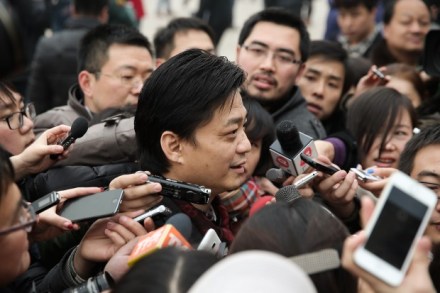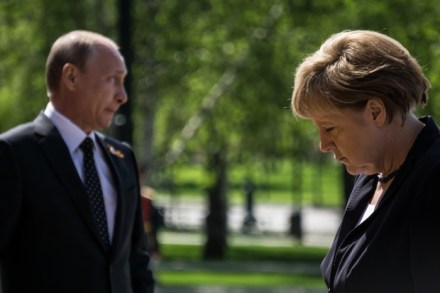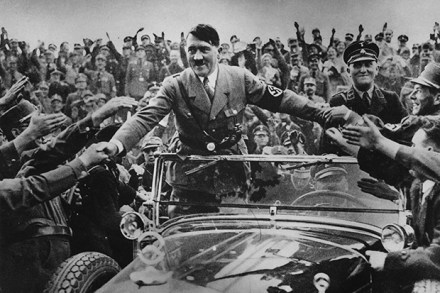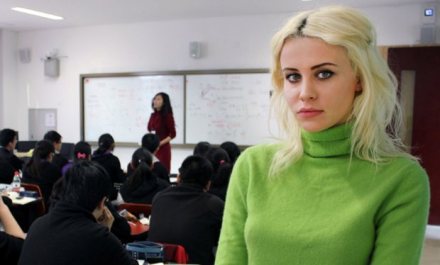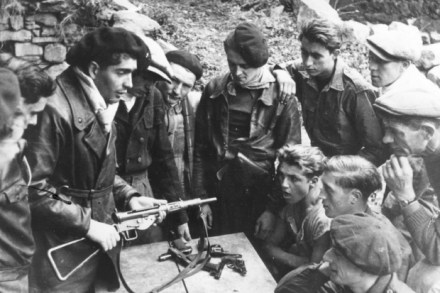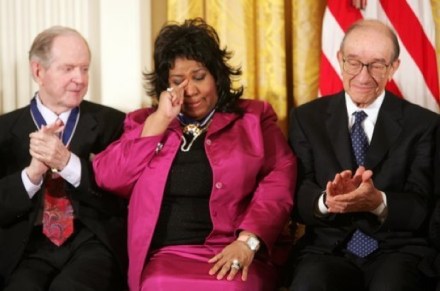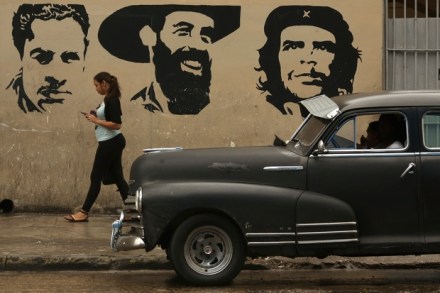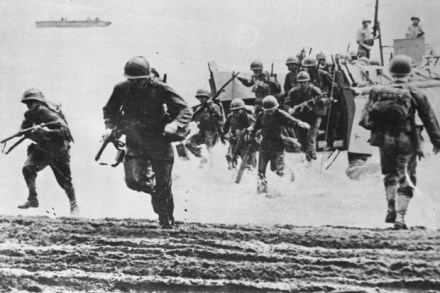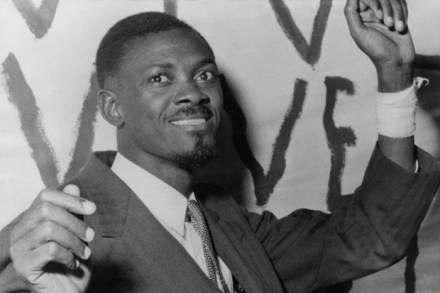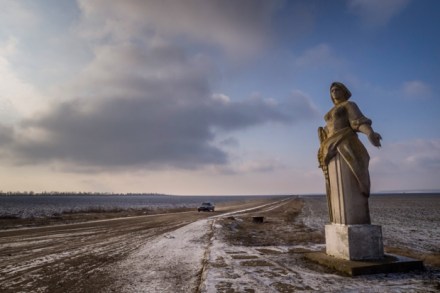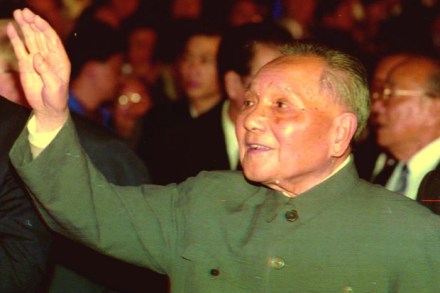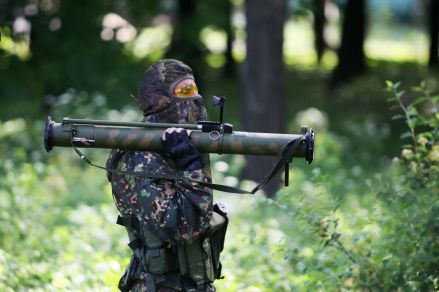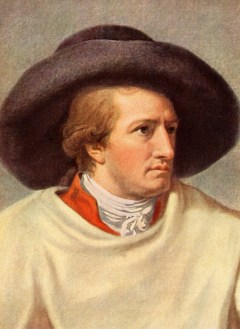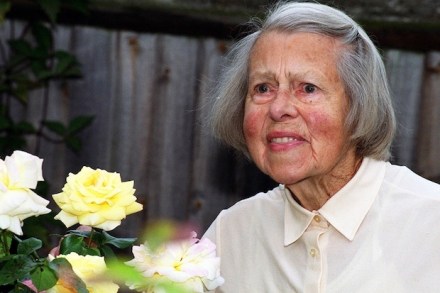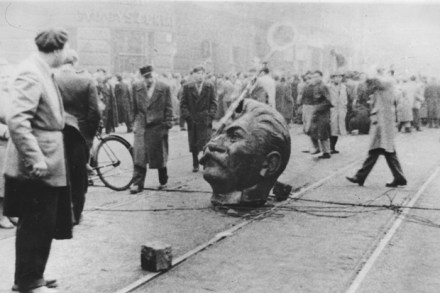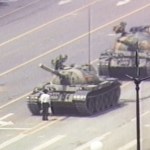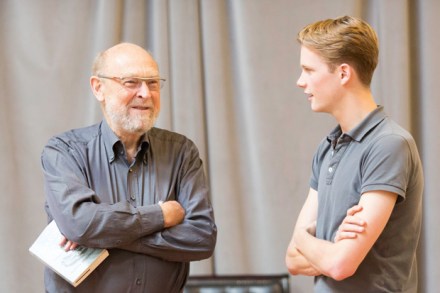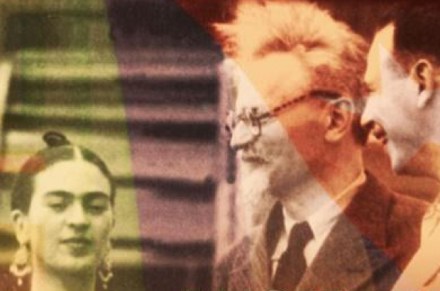The Chinese are willing participants in state censorship
For three decades, Cui Yongyuan has been one of China’s national treasures. As a veteran television presenter for CCTV (China’s BBC), Cui’s career was made by this state-controlled broadcaster. So his recent talk in London – entitled ‘An Idealist’s commitment and compromise’ – caught my attention for its political undertone. Could he have been talking about the compromises he had to make as a Chinese journalist? To my delight, Cui spoke about this – and more. ‘When the Chinese emigrate to democracies, to civilised nations, they enjoy the freedom of the system,’ Cui told the Chinese audience. ‘But they become patriotic to the point of dogma, such that no one
